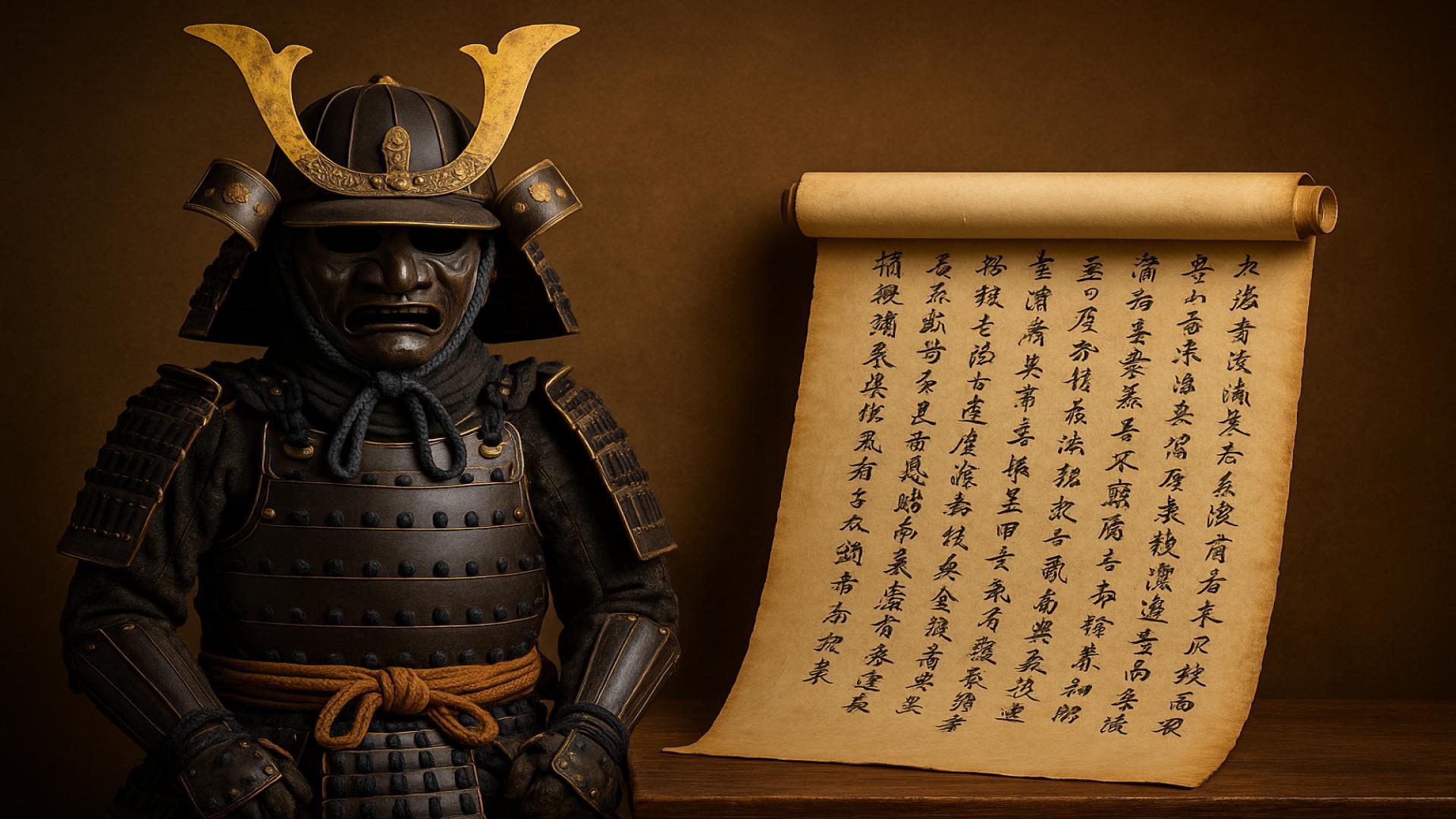7. Loyalty (Chūgi)

The code of loyalty (chūgi) demanded that samurai serve their lords and clans with absolute dedication, even at the cost of their own lives. The legendary tale of the 47 Ronin—who avenged their master’s death despite knowing the consequences—exemplifies this ideal. Such steadfast allegiance deeply influenced Japanese culture, shaping traditions of loyalty in both corporate and social spheres that persist today. For the samurai, loyalty was more than duty; it was a sacred bond.









